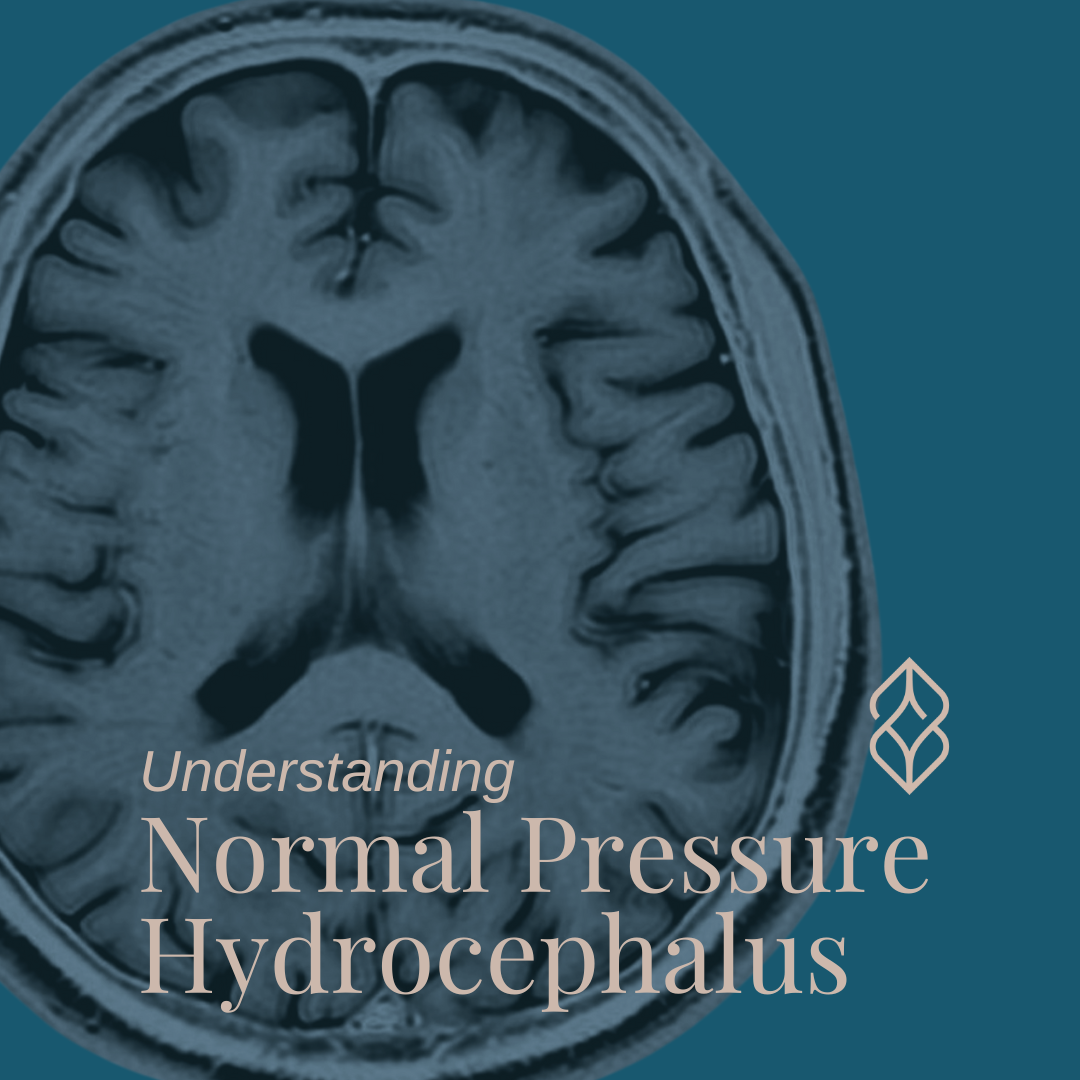Understanding Normal Pressure Hydrocephalus
Normal pressure hydrocephalus is a common diagnosis managed by neurosurgeons. It is a disease that primarily affects patients in their 60s and 70s. This disorder is often misdiagnosed as Alzheimer’s or Parkinson’s disease. In fact, the Hydrocephalus Association estimates less than 20 percent of people with the disease are properly diagnosed.
NORMAL PRESSURE HYDROCEPHALUS
written by Paola Hernandez, pre med student and scribe
What is normal pressure hydrocephalus (NPH)? And why is it called normal pressure? Let’s break down hydrocephalus: hydro means “water” indicating cerebral spinal fluid, and cephalus means “head”. We have ventricles in our brain that are usually filled with cerebrospinal fluid that can be absorbed. However, when more than usual fluid is not absorbed, the ventricles enlarge, pressing on areas of our brain. Although there is an enlargement in the ventricles due to excess fluid, the pressure does increase but stays within the normal limits, thus normal pressure.
The cause of normal pressure hydrocephalus is unknown. But there are some risk factors, including anyone older than 60, head injury, history of brain surgery, brain tumor, or brain infection. If you are suffering from NPH, the symptoms are balance and memory difficulty, frequent falls, and loss of bladder control. Although these symptoms may be attributed to “old age” there are diagnostic measurements that will help identify normal pressure hydrocephalus, such as neurologic examination, MRI, and CSF flow study. In addition, walking is explained as a slow wide base and shuffling in character. The treatment for NPH is surgical intervention, where a device called a shunt is implanted. A shunt is a small circular device with one tube end in the brain and the other in the abdominal area. The goal of surgery is to redirect the excess fluid to the peritoneal cavity, which surrounds the abdominal areas to absorb the fluid.
If you have additional questions about normal pressure hydrocephalus or if you have symptoms you’d like to discuss, give our office a call and schedule an appointment with Dr. Mulholland or Kylie!


